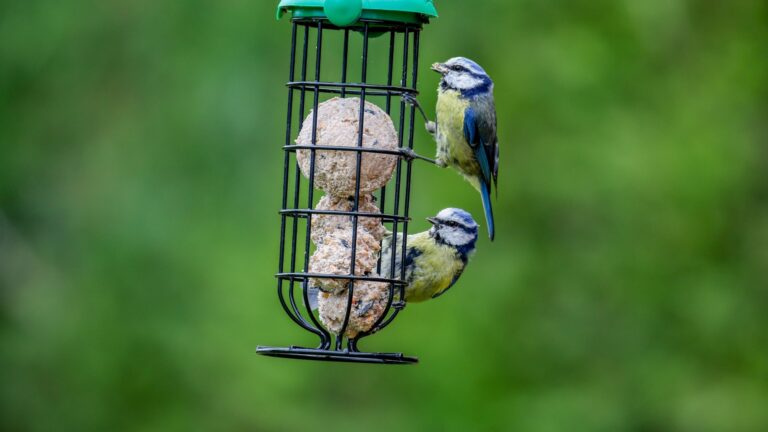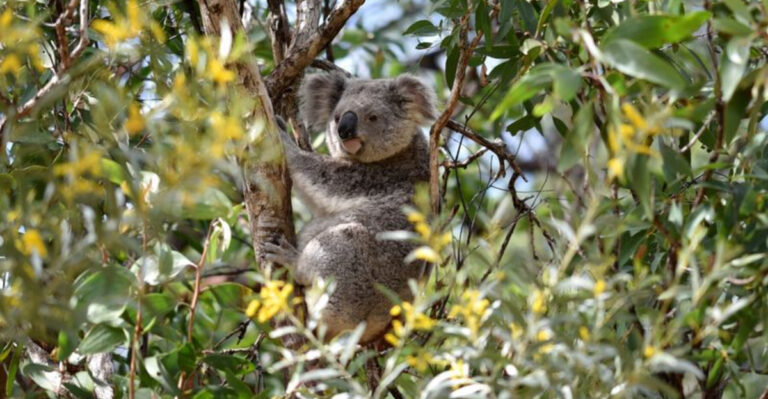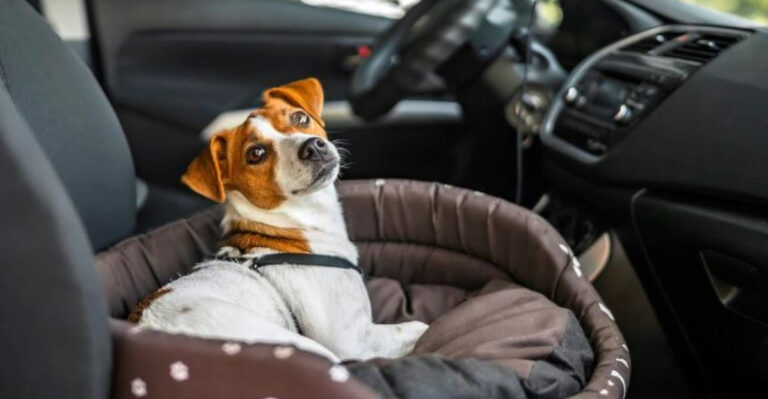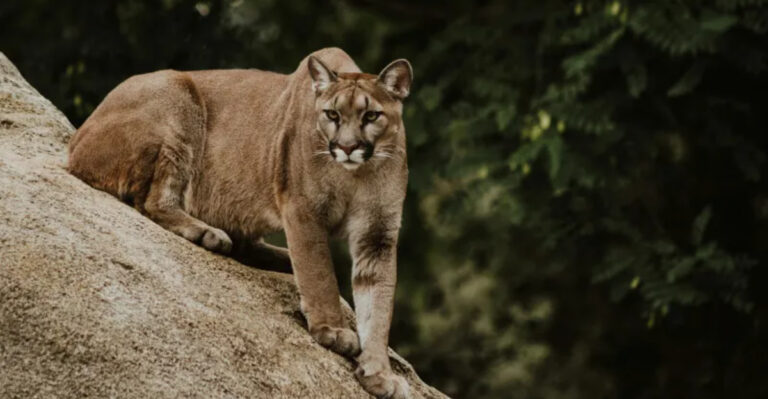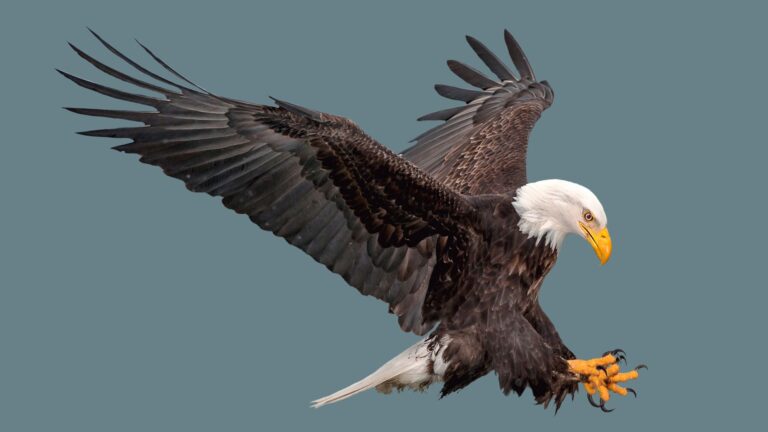11 Signs You’re Ready To Own A Horse (And 5 Reasons You Might Not Be)
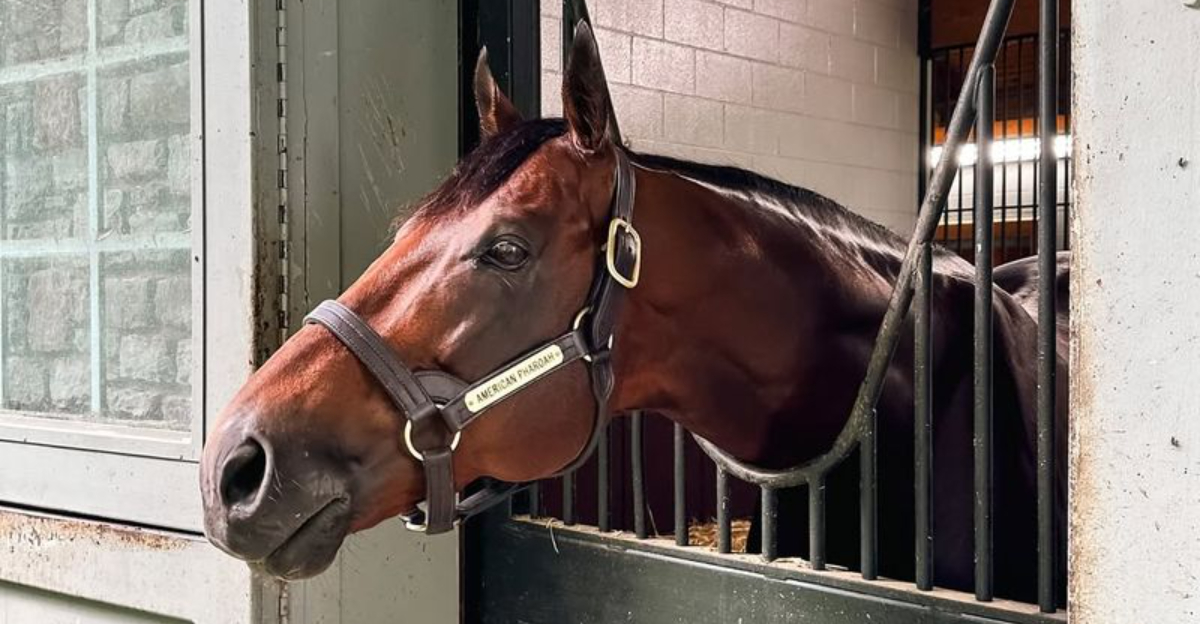
Owning a horse is a significant commitment that goes beyond mere enthusiasm for riding. It’s about understanding the responsibilities of daily care and the bond you’ll create with these magnificent creatures.
Before taking the plunge into horse ownership, it’s crucial to evaluate if you’re truly ready.
1. Financial Stability
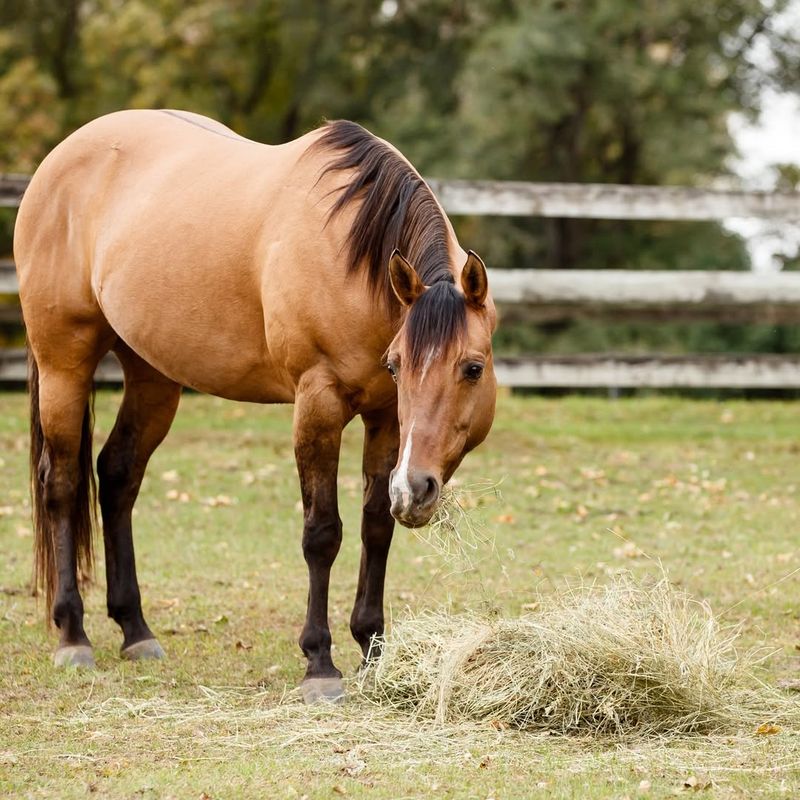
Owning a horse demands a substantial financial commitment. From purchasing the horse to maintaining its health and well-being, costs can add up quickly. Consider expenses such as feed, veterinary care, equipment, and boarding.
Being financially prepared ensures that both you and your horse can enjoy a stress-free relationship, allowing you to focus on building a strong bond.
2. Time Availability
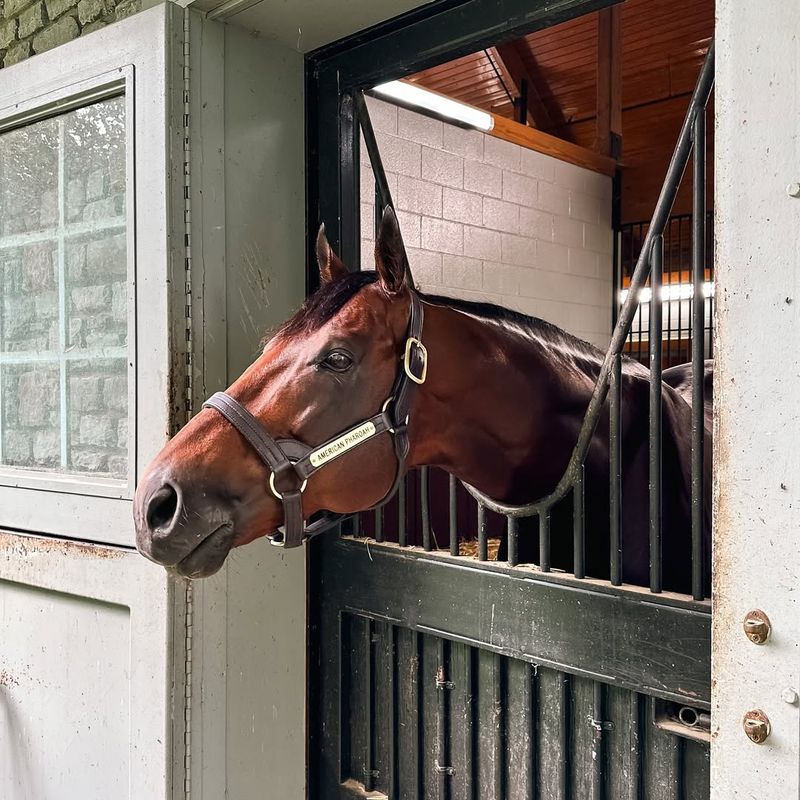
Horses require a significant amount of daily attention. From feeding and grooming to exercise and medical care, they need your time and dedication.
Balancing work, family, and social obligations with horse care can be challenging. By prioritizing your horse’s needs, you’ll foster a stronger connection. Make sure your lifestyle allows for this commitment before making a decision.
3. Passion For Learning
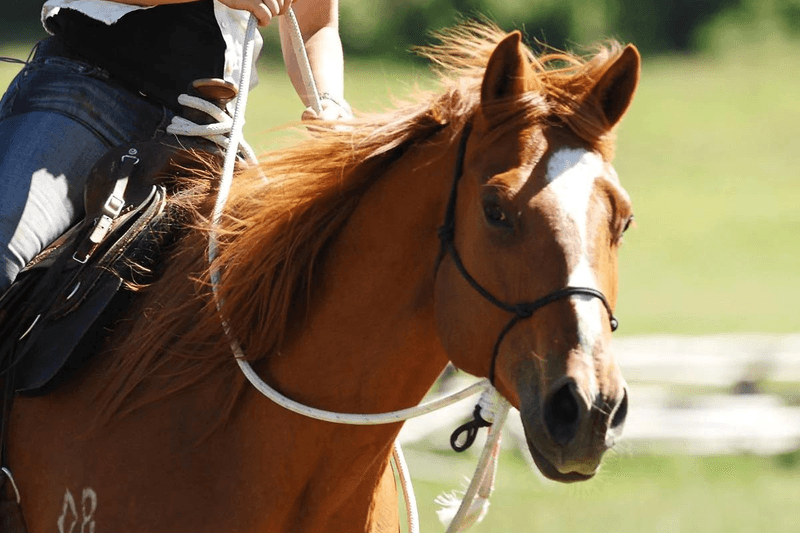
Owning a horse is a constant learning experience. Whether it’s understanding equine health or mastering riding techniques, you need a passion for learning.
The continuous education helps you make informed decisions about your horse’s well-being. This eagerness to learn not only benefits your horse but also deepens your appreciation for equestrian life.
4. Access To Suitable Facilities
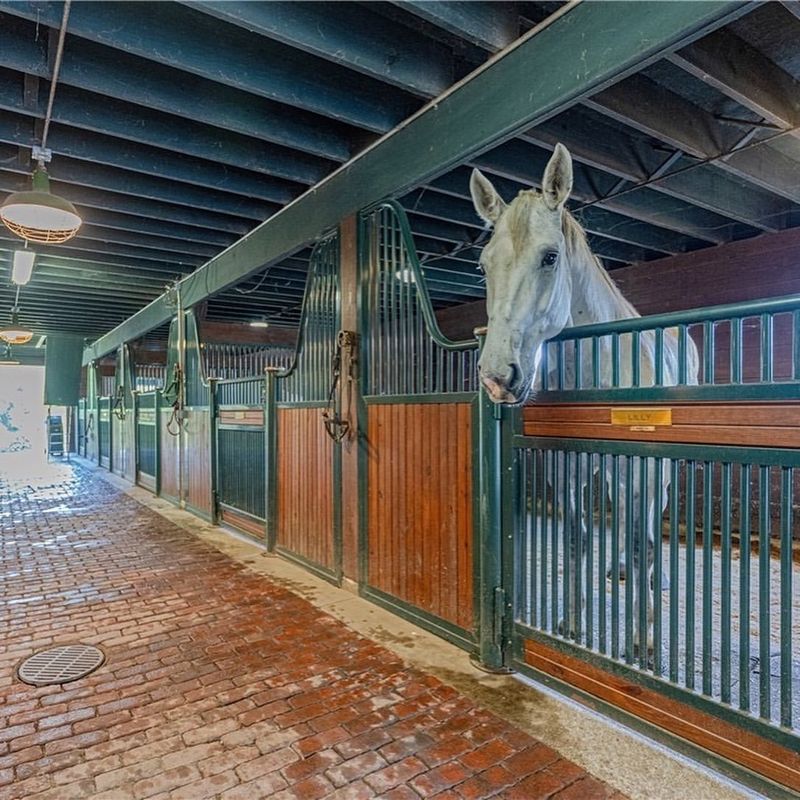
Horses thrive in environments that cater to their physical and psychological needs. Access to suitable facilities like stables, pastures, and riding arenas is crucial.
These facilities should provide adequate space and be well-maintained to ensure your horse’s health.
Ensuring that these facilities meet the necessary standards will contribute to your horse’s overall happiness and well-being.
5. Supportive Community
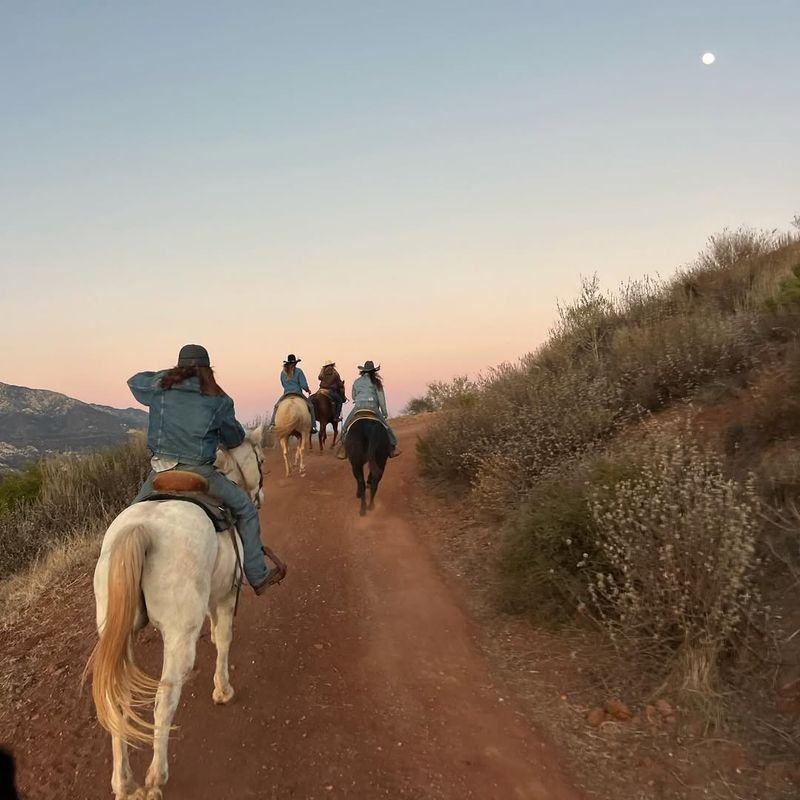
Being part of a community of fellow horse owners can be incredibly supportive. Sharing experiences and advice with others who understand the challenges and joys of horse ownership is invaluable.
This network provides not only companionship but also wisdom and guidance. Whether through local clubs or online forums, engaging with other equestrians enriches your journey.
Building connections within this community enhances your experience, offering both practical help and friendship.
6. Long-Term Commitment
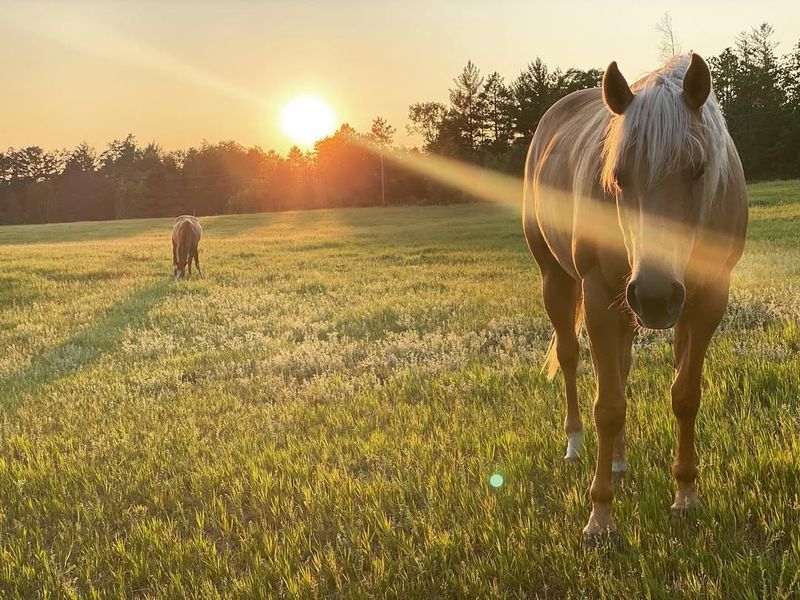
Horses live long lives, often 25-30 years, requiring a long-term commitment from their owners. Understanding the years of care ahead is crucial. This relationship involves nurturing and adapting to your horse’s changing needs as they age.
This commitment is not just about longevity but also about the depth of connection formed over time. It’s a rewarding experience that requires dedication and foresight.
7. Basic Riding Skills
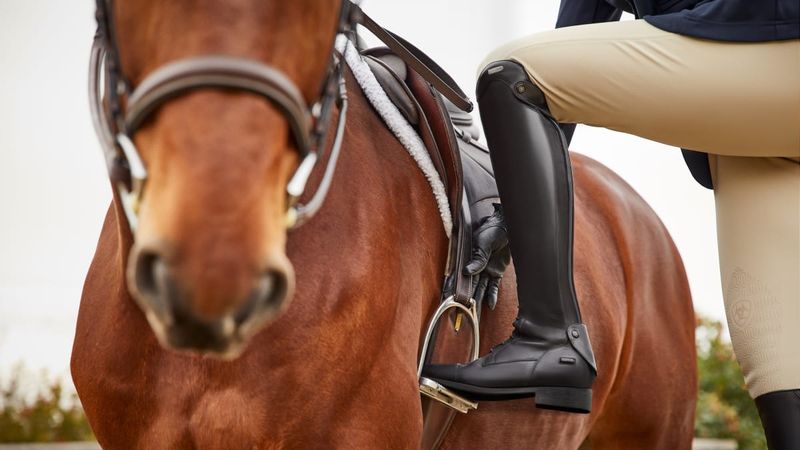
Before owning a horse, having basic riding skills is beneficial. It provides a foundation for understanding your horse’s behavior and responding appropriately while riding. These skills build confidence in handling and caring for your horse.
Lessons and practice are essential, ensuring both safety and enjoyment. Owning a horse isn’t just about riding but understanding the nuances of equine movement and communication.
8. Emotional Readiness
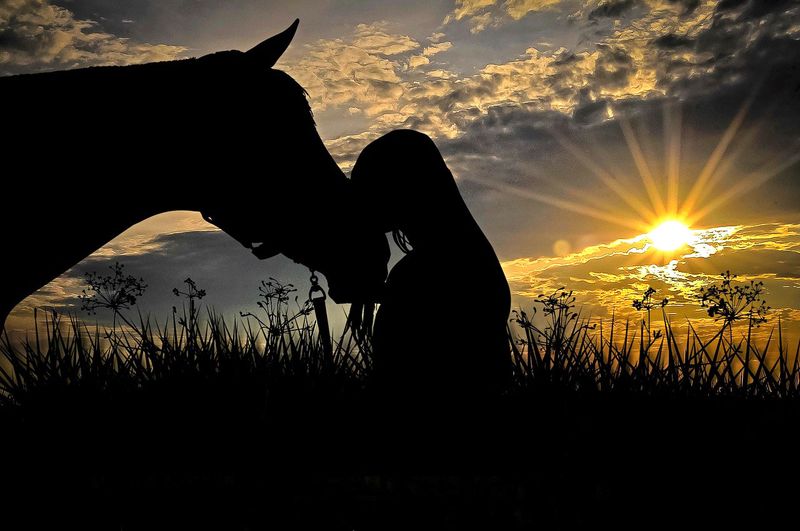
Emotional readiness is crucial in establishing a successful relationship with your horse. Horses sense their owner’s emotions, thus requiring calmness and patience.
Managing stress and maintaining a positive attitude impacts your horse’s behavior and well-being. Being emotionally prepared equips you to handle the ups and downs of horse ownership with grace.
9. Physical Fitness
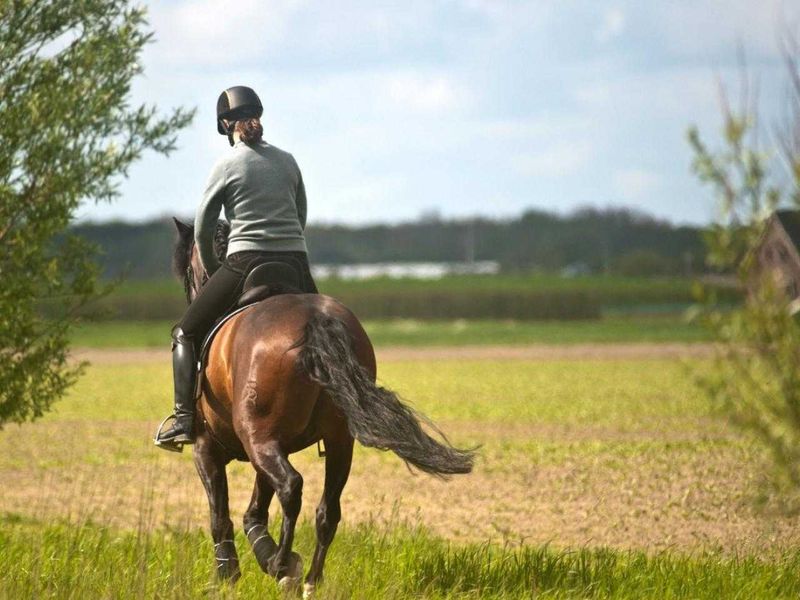
Horse ownership demands a certain level of physical fitness. Daily tasks such as grooming, mucking out stalls, and riding require strength and endurance. Maintaining your fitness ensures you can perform these tasks effectively and safely.
This physical preparedness not only benefits your horse but also enriches your overall experience. Fitness is an integral part of the equestrian lifestyle, aiding in both health and enjoyment.
10. Understanding Of Responsibility
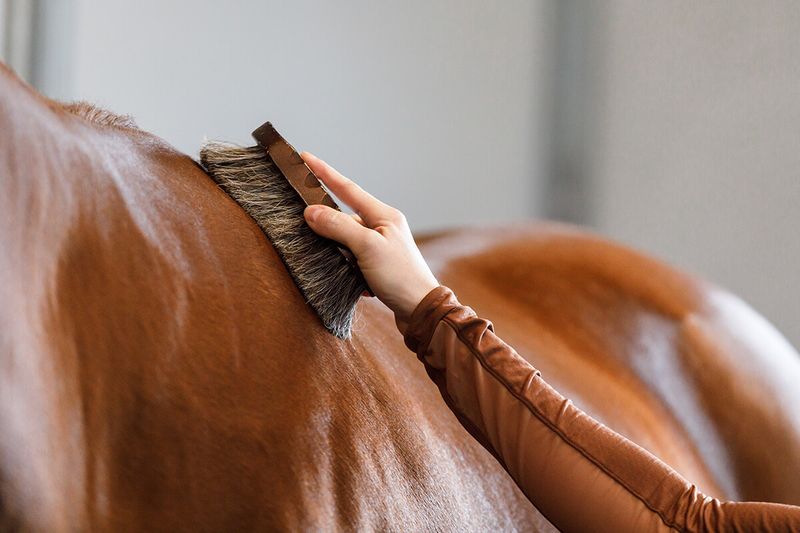
Owning a horse is a monumental responsibility, involving daily care and commitment. Understanding these responsibilities is fundamental before making this life-changing decision. This includes feeding, health checks, and maintaining a clean environment.
Being prepared for unforeseen circumstances is also part of this responsibility. Developing a routine and sticking to it ensures your horse’s needs are consistently met.
11. Preparedness For Challenges
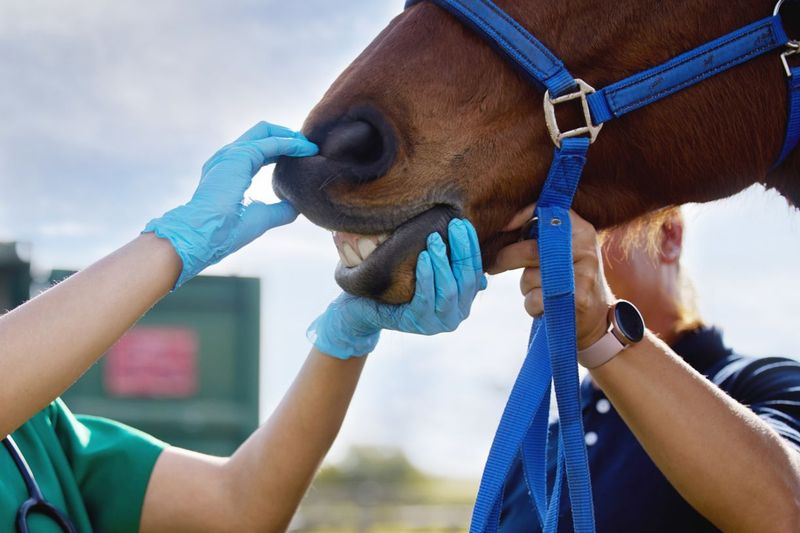
Horse ownership comes with its share of challenges, from health issues to behavioral problems. Being prepared to face these challenges with a solution-oriented mindset is crucial.
This readiness involves researching solutions and seeking professional help when necessary.
Your preparedness ensures that these challenges don’t overshadow the joys of horse ownership, allowing you to grow alongside your equine companion.
12. Busy Lifestyle

Owning a horse demands significant time commitment. If your schedule is already packed with work, family, and personal commitments, you might struggle to find adequate time for your equine companion.
Horses have daily needs that go beyond feeding, such as grooming, exercise, and health monitoring. Evaluating your current obligations can help in understanding if you have the necessary time to devote to a horse.
13. Limited Experience With Horses
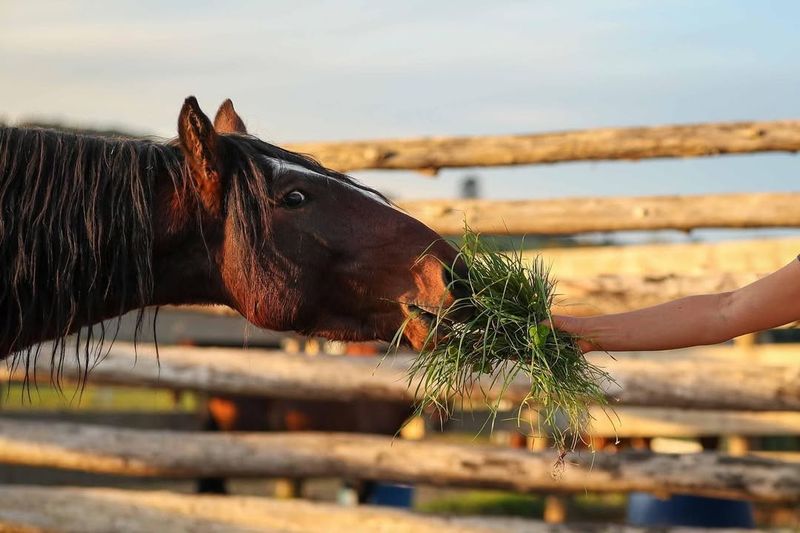
Experience with horses is invaluable. If you have limited or no experience, you may find horse ownership overwhelming. Horses require understanding of their behavior, proper handling, and care routines.
Lack of experience can lead to mistakes that affect the horse’s health and safety. Gaining practical knowledge and feeling comfortable around horses can help prepare you for future ownership.
14. Financial Constraints
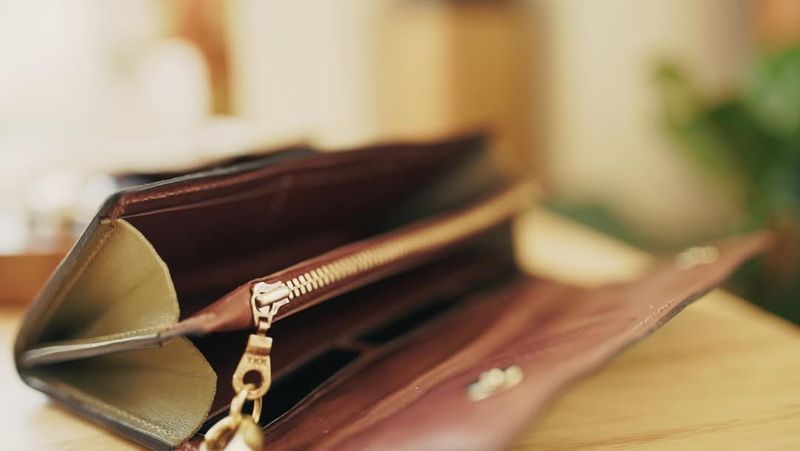
Horses are an expensive undertaking. Beyond the initial purchase price, you’ll need to consider costs like feed, veterinary care, boarding, and equipment.
If managing your current financial obligations is already challenging, adding a horse to the mix might not be feasible. Unexpected expenses, such as emergency veterinary care, can quickly add up.
15. No Access To Professional Guidance
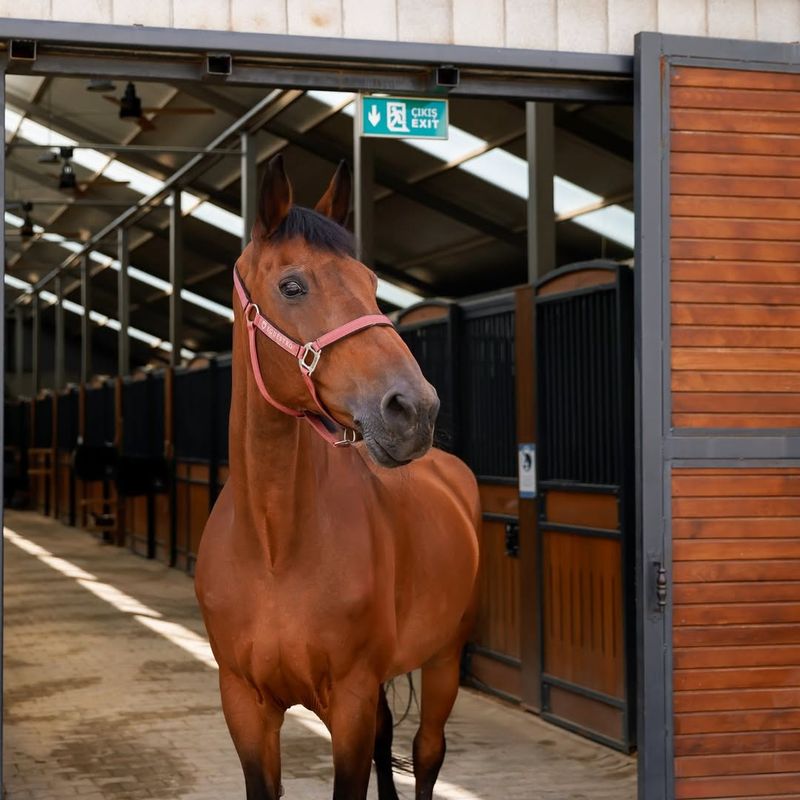
Professional support is crucial for new horse owners. If you lack access to trainers, veterinarians, or experienced horse people, you might find it challenging to handle unexpected situations. Knowledgeable guidance is invaluable for both routine care and emergencies.
16. Uncertain Long-term Commitment
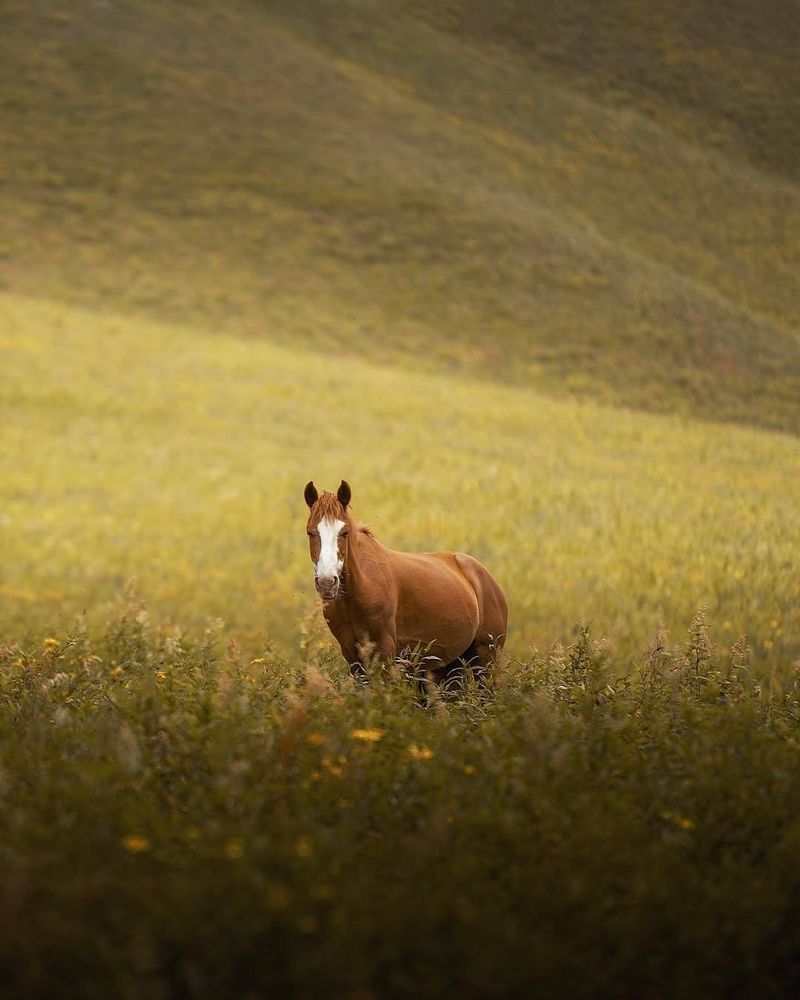
Owning a horse is a long-term commitment, often spanning decades. If you’re unsure about your future plans or anticipate significant life changes, such as moving or job transitions, it might not be the right time for horse ownership.
Horses thrive in stable environments where they can form bonds and routines. Making informed decisions about your ability to care for a horse over time is vital for their well-being and your peace of mind.

